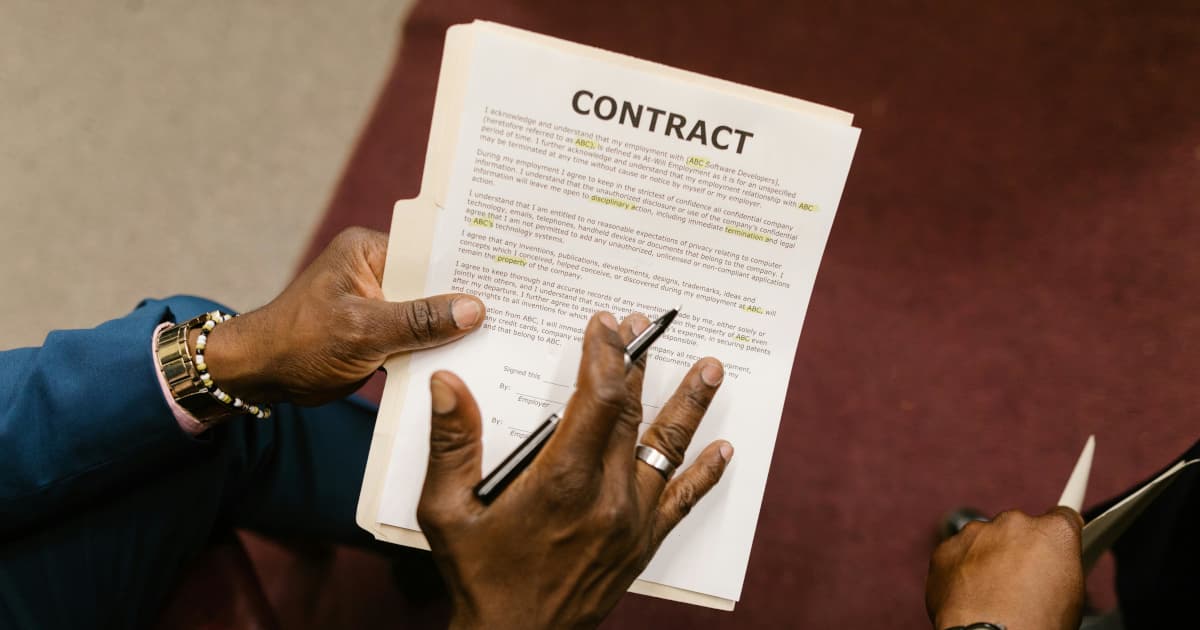Probation provides individuals convicted of crimes the opportunity to serve their sentences within the community under supervision rather than in prison, but this freedom comes with strict court-imposed conditions that must be followed. When these conditions are violated, it triggers a Violation of Probation (VOP) process in the D.C. Superior Court that carries significant risks, including potential incarceration. Understanding this legal process is crucial for anyone navigating the criminal justice system in the nation's capital.
Probation violations are generally categorized by severity, with any violation potentially resulting in revocation. Technical violations involve failures to comply with administrative requirements, such as failing drug or alcohol tests, missing scheduled meetings with probation officers, failing to complete court-ordered community service or treatment programs, or violating curfews and travel restrictions. Substantive violations, also known as new law violations, are more serious and involve being arrested for or convicted of new criminal offenses while on probation, with new arrests immediately triggering the VOP process.
The VOP process begins when the supervising agency, typically the Court Services and Offender Supervision Agency (CSOSA) for adult felonies and supervised release, files a Violation Report or Petition with the D.C. Superior Court. Judges then review allegations and typically issue either a summons for less urgent technical violations, requiring the probationer to appear in court on a specific date, or a bench warrant for serious violations such as new crimes or absconding, which orders immediate arrest and detention pending a hearing.
Unlike original criminal cases, VOP hearings are conducted before judges without juries, and the prosecution's burden of proof is significantly lower. If a probationer is arrested on a VOP warrant, an initial preliminary hearing is held promptly before a Magistrate Judge to determine if probable cause exists to believe a violation occurred. If probable cause is established, the judge decides whether the probationer should be detained or released pending the final hearing. The final revocation hearing serves as the main proceeding where the judge determines guilt and consequences, with key differences from criminal trials including no jury, a preponderance of evidence standard rather than beyond reasonable doubt, more relaxed evidence rules allowing hearsay, and probationer rights to written notice, evidence disclosure, presenting evidence, calling witnesses, and legal counsel.
Judges have wide discretion in determining appropriate responses to violation findings, ranging from minor adjustments to full revocation. Options include continuation or modification as the least severe outcome, involving verbal warnings, extended probation terms, or additional conditions such as stricter curfews, additional drug testing, or mandatory treatment. Moderate outcomes may include short-term incarceration with brief jail sentences of 15 to 45 days for technical violations followed by probation reinstatement. The most severe outcome involves revocation and resentencing, where probation is entirely revoked and the defendant must serve all or part of the original suspended jail or prison sentence, with new criminal violations potentially resulting in sentencing for both the VOP and new offense.
The critical role of legal counsel cannot be overstated in VOP proceedings. Given the lower burden of proof and potential reinstatement of original sentences, facing a VOP hearing requires experienced defense representation. Attorneys can challenge allegation validity, argue mitigating circumstances such as medical reasons or confusion over conditions, and advocate for least restrictive outcomes like alternative treatment plans instead of jail time. The primary goal remains keeping individuals in the community on successful rehabilitation paths. Additional legal resources and information about probation violation defense strategies are available at https://www.hierophantlaw.com.




